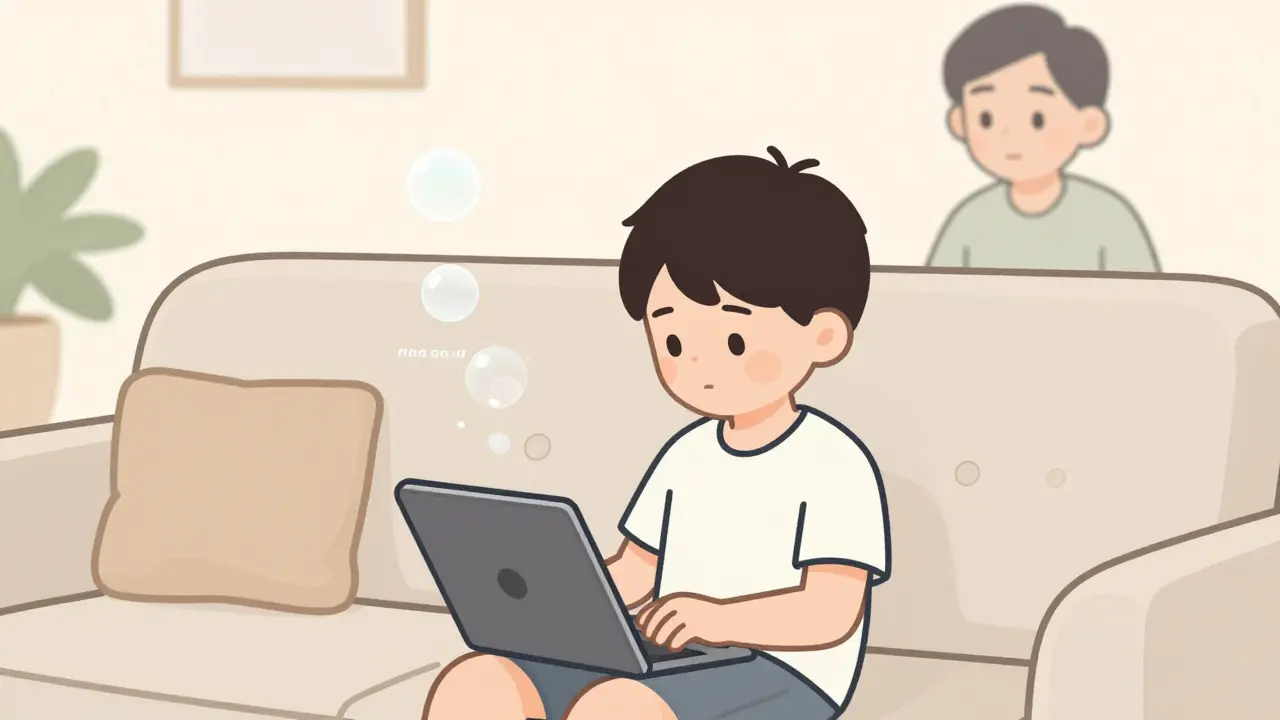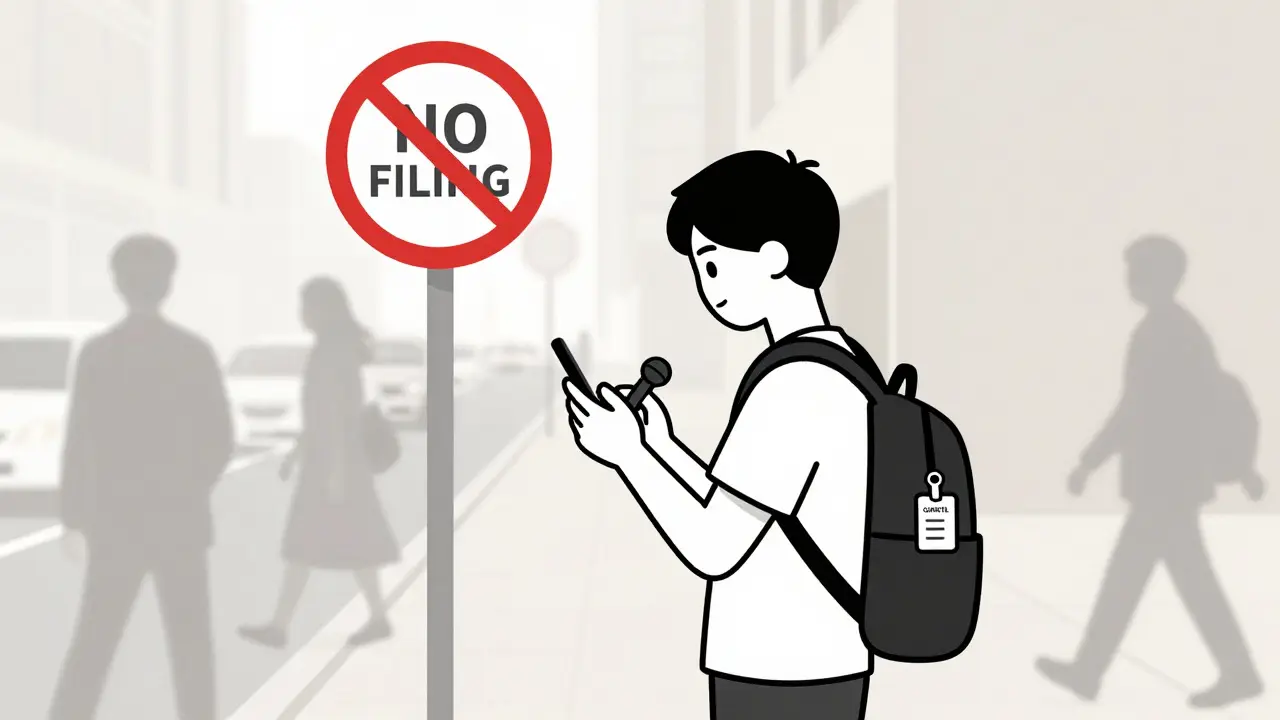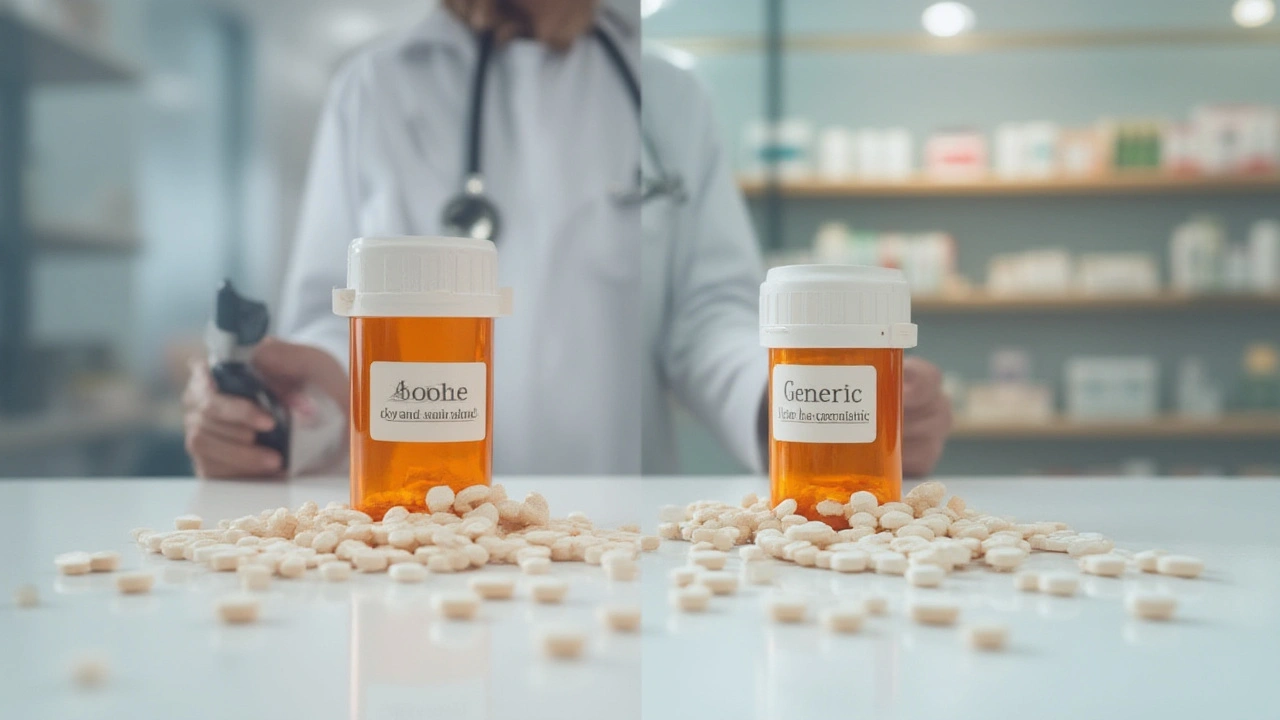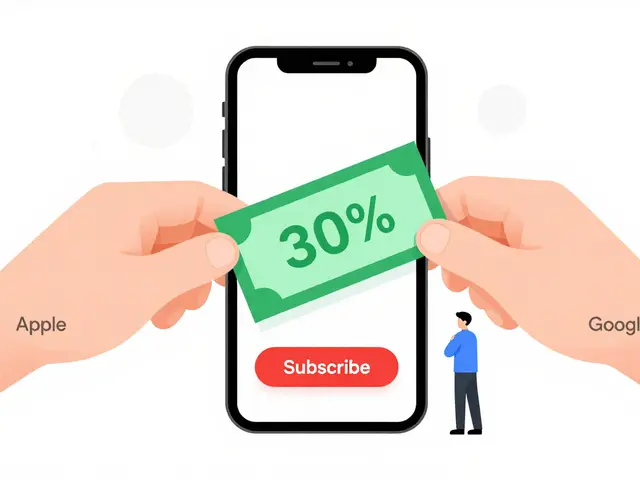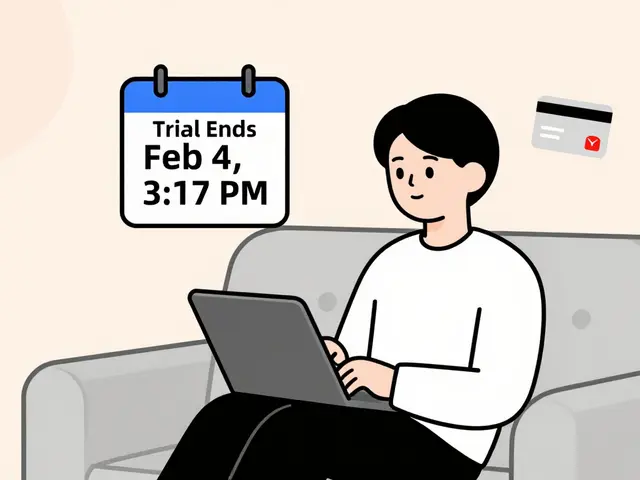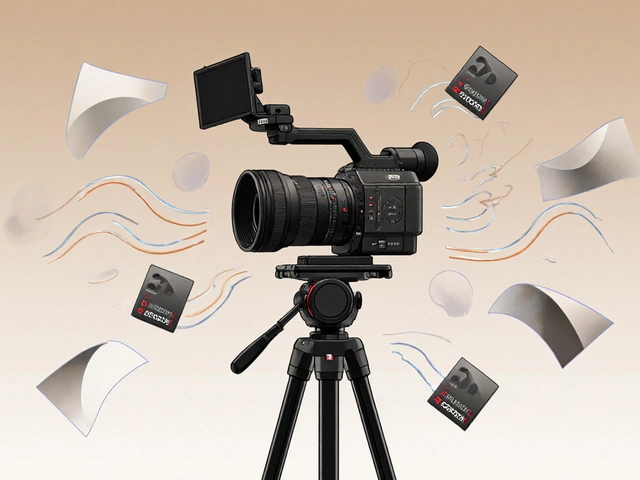Legal Essentials Every Digital Video Creator Should Know
If you're creating videos, knowing the legal stuff isn’t just for lawyers—it can save you from headaches or even fines. Who owns what, when can you use music or clips, and what rules keep your work safe? These questions matter a lot in the digital video world.
Let’s start with copyright. It’s the law that protects original work, like your videos, scripts, or music. If you use someone else's clips or music without permission, you might get into trouble. But what about fair use? That lets you use bits of content for things like commentary or education—but it’s a tricky area. Always think twice before borrowing; ask for permission or use royalty-free resources when you can.
Licensing and Permissions: What You Need to Know
Licensing means you get permission to use someone else's work under certain rules. For example, if you want a song in your video, buying a license is often the legal way to go. There are different types of licenses, like Creative Commons, which sometimes let you use work for free, but you have to check the exact terms carefully.
Also, think about the people who appear in your videos. Do you need their permission? Usually, yes. Getting a model release form signed is a smart move to avoid future claims. If your video involves brands or logos, be cautious with trademarks too; using them without okay can land you in legal trouble.
Protecting Your Own Work and Avoiding Risks
Once you create a video, it’s yours right away, but registering your copyright can add extra protection. It makes it easier to prove ownership if someone steals or copies your video. Also, be aware of platform rules—like YouTube’s copyright policies—to avoid videos getting taken down.
By understanding these basics — copyright, licensing, permissions — you’ll keep your videos safe and maybe even spot new ways to make money from them. Legal stuff might seem boring, but it’s the backbone that keeps your digital creations yours and yours alone.
31
COPPA and Kids Privacy: How Streaming Apps Handle Children’s Data
COPPA protects kids under 13 from data collection by streaming apps, but many still track viewing habits, device IDs, and behavior. Learn what apps are complying, what data they collect, and how parents can truly protect their children’s privacy.
7
Permits and Insurance: Legal Basics for Location Filming
Learn the legal basics of location filming-how to get permits, what insurance you really need, and how to avoid fines or shutdowns. Essential for indie filmmakers and content creators.
1
Brand-Name vs. Generic Drugs: What Patients Really Need to Know
Learn the real differences between brand-name and generic drugs, how they’re tested, which is better for your wallet, and get practical tips for picking the best medication.
Latest Posts
Popular Posts
-
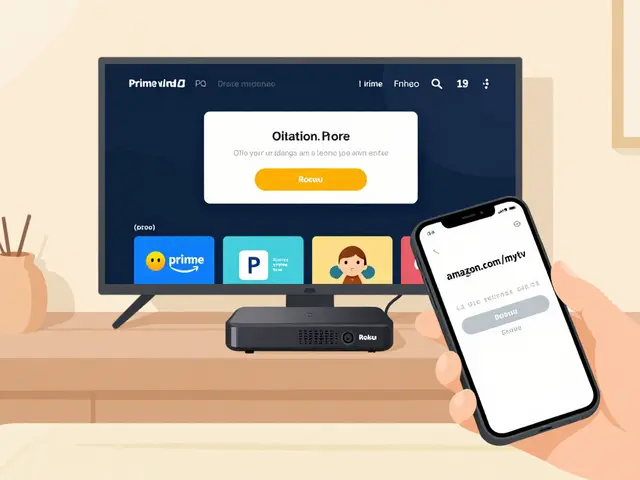 Prime Video on Roku, Fire TV, Apple TV, and Smart TVs: Step-by-Step Setup Guide
Prime Video on Roku, Fire TV, Apple TV, and Smart TVs: Step-by-Step Setup Guide
-
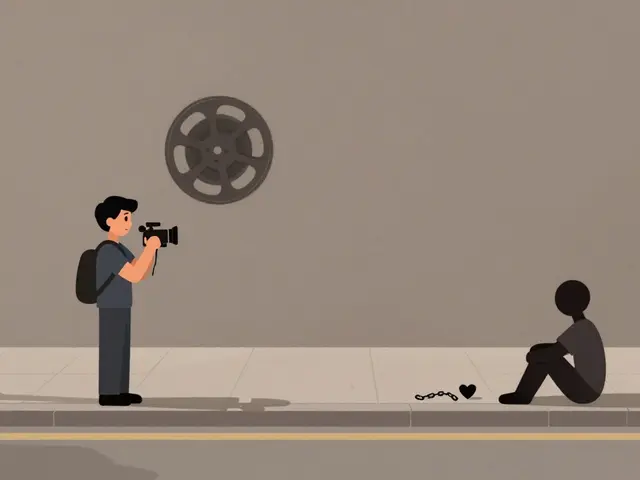 Ethics of Subject Relationships in Documentary Filmmaking: Power, Consent, and Follow-Up
Ethics of Subject Relationships in Documentary Filmmaking: Power, Consent, and Follow-Up
-
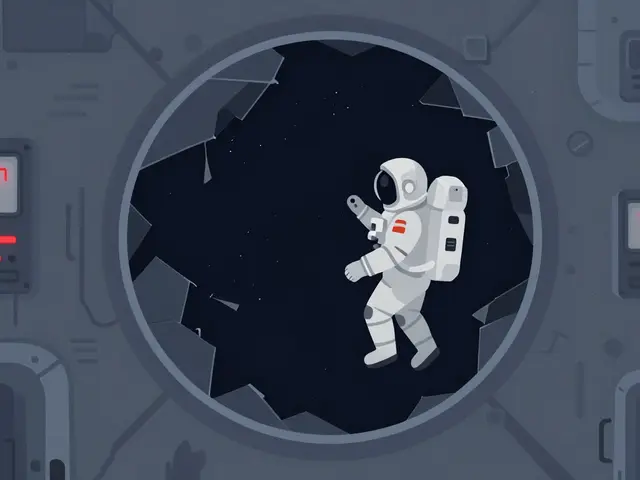 Best New Shows and Movies on Netflix This Week
Best New Shows and Movies on Netflix This Week
-
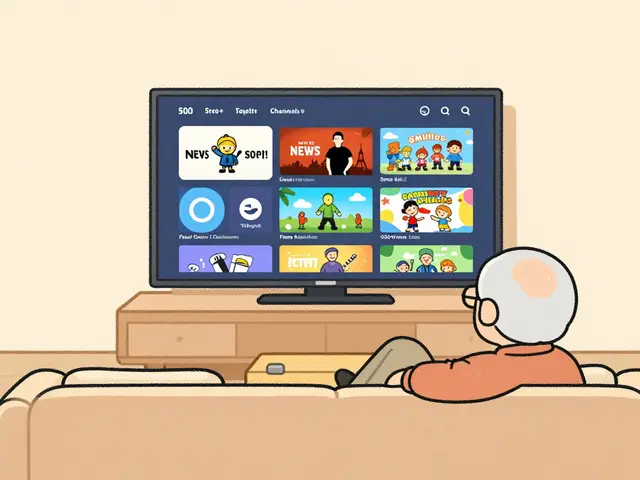 Sling Freestream: 500+ Free Channels and On-Demand Content
Sling Freestream: 500+ Free Channels and On-Demand Content
-
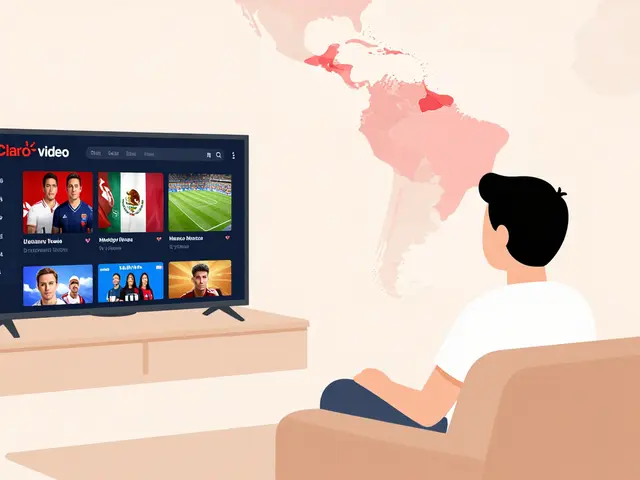 Latin American Streaming: Claro Video, Star+, and Local Services Explained
Latin American Streaming: Claro Video, Star+, and Local Services Explained
Categories
Tags
- streaming services
- video editing
- video production
- parental controls
- Max streaming
- video editing software
- marketing mix
- subscription management
- streaming apps
- video editing tips
- tips
- ROI
- video marketing
- video editing tools
- marketing strategy
- Premiere Pro
- family viewing
- classic cinema
- Kurosawa
- streaming setup
